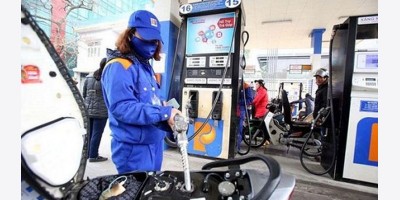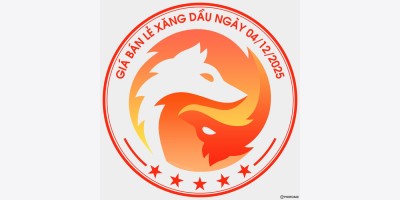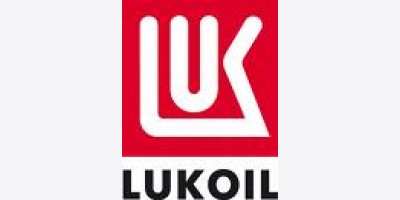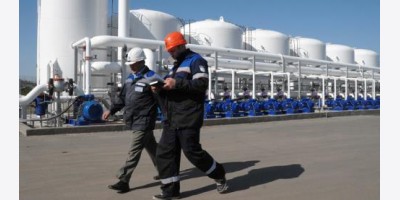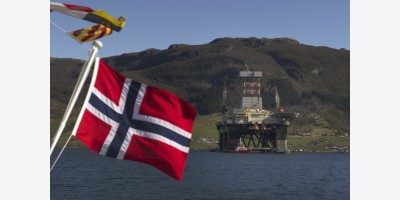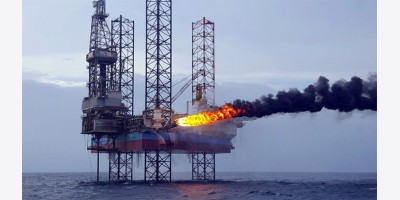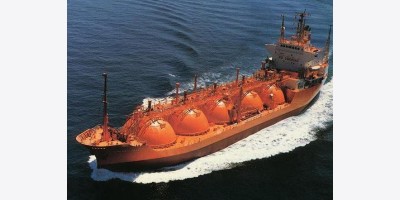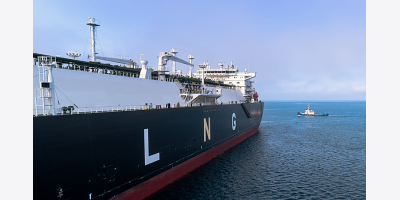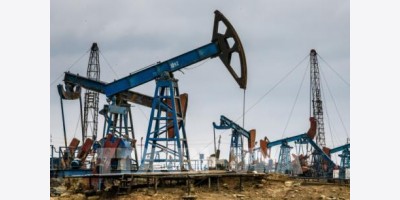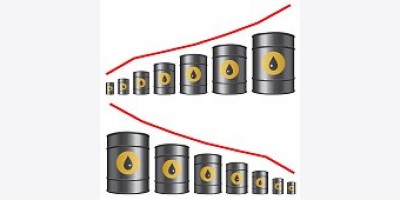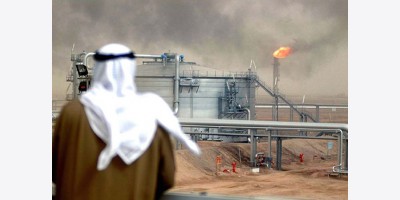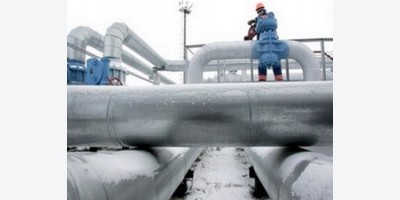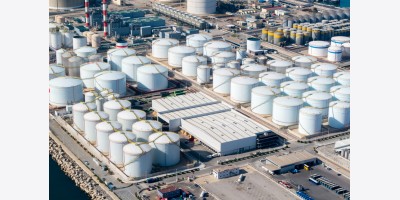The prospect of a deal between Libya’s eastern rebels and the central government is diminishing after the breakaway region shipped its first cargo of crude oil.
A North Korean-flagged tanker left Es Sider, the largest oil-export terminal, yesterday after the navy refused to attack the vessel and then failed to impound it. Libya’s parliament then ousted Prime Minister Ali Zaidan in a no confidence vote. Federalists in the Barqa region control four oil ports and are demanding a share of the revenue from exports.
“This will complicate a settlement because it emboldens the Barqa people,” said Theodore Karasik, the director of research at the Dubai-based Institute for Near East and Gulf Military Analysis. “It shows their ability to operate independently from the central government.”
Libya’s central government has been hobbled by a lack of oil revenue since the ouster of Muammar Qaddafi in 2011. Crude production slumped to 350,000 barrels a day last month, from an average of 1.59 million barrels in 2010. The deadlock in Libya also has global implications, with Citigroup Inc. analysts citing it as one of the reasons they raised their 2014 forecast for Brent crude to $103 a barrel, from $93, last month.
Zaidan’s replacement by Defense Minister Abdullah Theni signals a hardening in the government’s stance, Karasik said. Military units were advancing toward Es Sider and Ras Lanuf, two of the four oil ports the separatists have controlled since July, state news agency Lana reported yesterday. The information could not be independently confirmed. Libya has nine oil-export terminals.
The eastern rebels may struggle to export more oil because the U.S. declared the cargoes illegal, Karasik said. The crude exported from Es Sider was produced by a joint venture between Libya’s National Oil Corp., Hess Corp., ConocoPhillips and Marathon Oil (MRO) Corp., according to National Oil Corp., the state oil company. The rebels said today that the U.S. companies will get their share of any payments.
NOC identified the tanker as the Morning Glory, which has a capacity of about 350,000 barrels, which would value the cargo at about $38 million.
Ali Al-Hasy, a spokesman for the Executive Office for Barqa, the region’s self-declared government, said today the tanker was full and had reached international waters. He declined to identify the ship’s owner or its destination.
The Barqa rebels, led by Ibrahim Al Jedran, a former commander of the Petroleum Facilities Guards, are demanding a 15 percent share of national oil revenue for the eastern region. They say the territory was neglected in favor of Tripoli and other cities in western Libya under Qaddafi’s four-decade rule.
Zaidan, the ousted prime minister, refused to commit to an agreement on revenue sharing, saying Libya must first adopt a constitution. He left Tripoli for an undisclosed destination in Europe after his removal by parliament, Lana reported today.
“I do not think that Jedran would be willing to make concessions at present,” Geoffrey Howard, a North Africa analyst at London-based Control Risks, wrote in an e-mail yesterday. “He is in a position of strength, and the government appears unable to remove him.”
By Bloomberg




